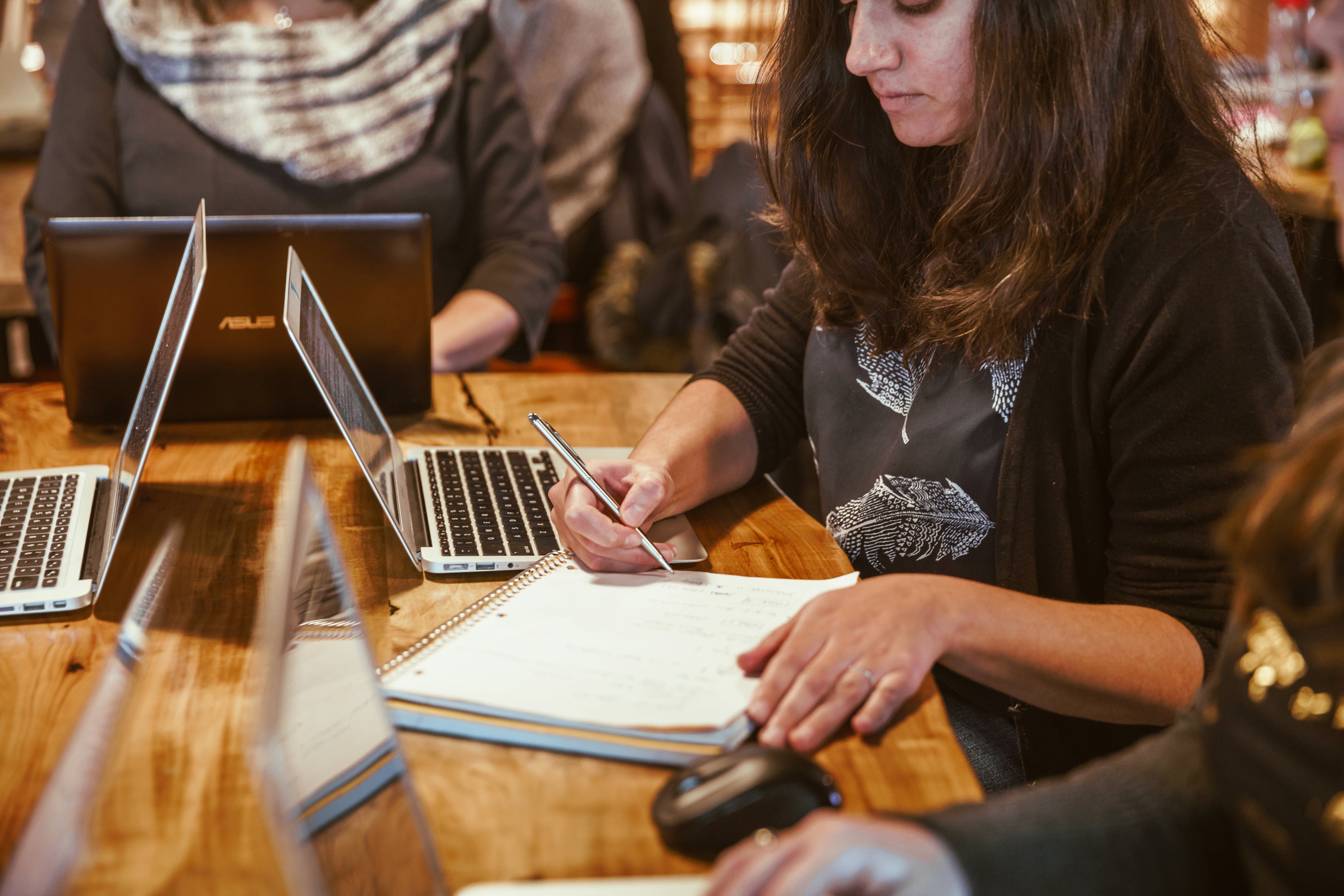
The Future of Corporate Gifting: Trends Shaping 2026 and Beyond
Corporate gifting has always been about building relationships. A thoughtful gift has the power to say thank you, create goodwill, and strengthen trust between companies. But in today’s world, gifting is no longer just a nice gesture. It is becoming a strategic tool that reflects brand values, supports client retention, and contributes to long-term loyalty.
The landscape is shifting quickly. Advances in technology, growing emphasis on sustainability, and changes in workplace culture are all shaping how businesses approach gifting. As we look ahead to 2026 and beyond, it is clear that gifting strategies will need to evolve to remain effective.
Trend 1 – Sustainability as the Standard
Sustainability is no longer a trend. It is an expectation. Businesses across industries are being evaluated not only on what they do but also on how responsibly they operate. Corporate gifts are part of that equation.
Clients and employees are increasingly conscious of the environmental impact of the products they receive. They want to know whether items are made from sustainable materials, ethically sourced, and packaged in eco-friendly ways. A gift wrapped in layers of plastic is less likely to spark joy and more likely to spark concern.
Forward-looking companies are already making the shift:
-
Choosing recycled, biodegradable, or reusable materials.
-
Partnering with brands that use fair trade practices.
-
Offering gifts that support social causes, such as donations tied to each purchase.
By 2026, sustainable gifting will not just be admired. It will be expected. Businesses that ignore this shift risk appearing out of touch with their clients’ values.
Trend 2 – Hyper-Personalization with Technology
Personalization has always been the secret ingredient in memorable gifting. But technology is taking personalization to new levels. With the rise of AI and data-driven insights, companies can now tailor gifts with incredible precision.
Imagine being able to send a client a gift that aligns perfectly with their hobbies, favorite colors, or even their wellness goals, all based on preferences collected during onboarding or past interactions. Personalization goes far beyond adding a name or logo. It is about showing that you truly understand the recipient.
By 2026, businesses will increasingly use technology to power hyper-personalization. Some will use algorithms to recommend gifts, while others will use digital platforms that allow recipients to choose from curated options. The key will be combining the efficiency of technology with the authenticity of human touch.
Trend 3 – Experiential Gifting
Physical gifts will always have a place, but experiences are becoming just as important. Research shows that experiences create stronger and longer-lasting memories than material possessions. Businesses are catching on.
Experiential gifting might include:
-
Virtual cooking or art classes for remote teams.
-
Tickets to a cultural event or sporting match.
-
Wellness experiences such as yoga sessions or mindfulness retreats.
Even in digital formats, experiences can be powerful. A client who participates in a shared virtual event will remember the interaction long after the experience has ended. By 2026, more companies will be blending traditional gifts with experiences, giving recipients both something to enjoy in the moment and something to keep as a memento.
Trend 4 – Blending Digital and Physical Gifts
The rise of remote work and global business relationships has accelerated the need for flexibility in gifting. Digital gifts such as e-gift cards, subscriptions, or charitable donations provide convenience and speed. Physical gifts, however, provide emotional impact. The future will be about blending the two.
For example, a business might send a digital gift card paired with a physical handwritten note. Or they might combine a subscription service with a physical item that complements it. This hybrid approach ensures that gifts are both practical and personal, especially for global teams and clients spread across multiple locations.
By 2026, hybrid gifting will likely become the norm. It allows companies to stay adaptable while still creating meaningful connections.
Trend 5 – Gifting as Part of Employee Wellbeing
The future of corporate gifting is not only about clients. It is also about employees. The last few years have underscored the importance of wellbeing in the workplace. As a result, companies are rethinking how they use gifting to support, motivate, and care for their teams.
Wellness-focused gifts are becoming more common. These include items like ergonomic desk accessories, mindfulness kits, or wellness subscriptions. The message is clear: businesses are investing in their people not only as workers but as whole individuals.
By 2026, corporate gifting will increasingly overlap with employee engagement strategies. Companies that prioritize the wellbeing of their employees through thoughtful gestures will gain a stronger reputation as employers of choice.
What These Trends Mean for B2B Relationships
Each of these trends points to the same conclusion: gifting is no longer about handing out items. It is about making a statement.
-
A sustainable gift shows respect for the environment and social responsibility.
-
A personalized gift shows attentiveness and care.
-
An experiential gift creates shared memories.
-
A digital gift shows flexibility in a global business world.
-
An employee-focused gift shows that people are at the heart of your organization.
When businesses adopt these practices, they send a clear signal that they value relationships on a deeper level. This is what will separate companies that thrive in 2026 from those that fall behind.
Final Thoughts
The future of corporate gifting is personal, purposeful, and strategic. It will not be about handing out bulk items or checking a box at the end of the year. Instead, it will be about creating meaningful connections that align with evolving values and expectations.
By embracing sustainability, personalization, experiences, digital integration, and employee wellbeing, businesses can transform gifting into a powerful tool for building trust, loyalty, and long-term partnerships.
Now is the time to look ahead. The companies that adapt their gifting strategies today will be the ones shaping the business relationships of tomorrow.
Share


